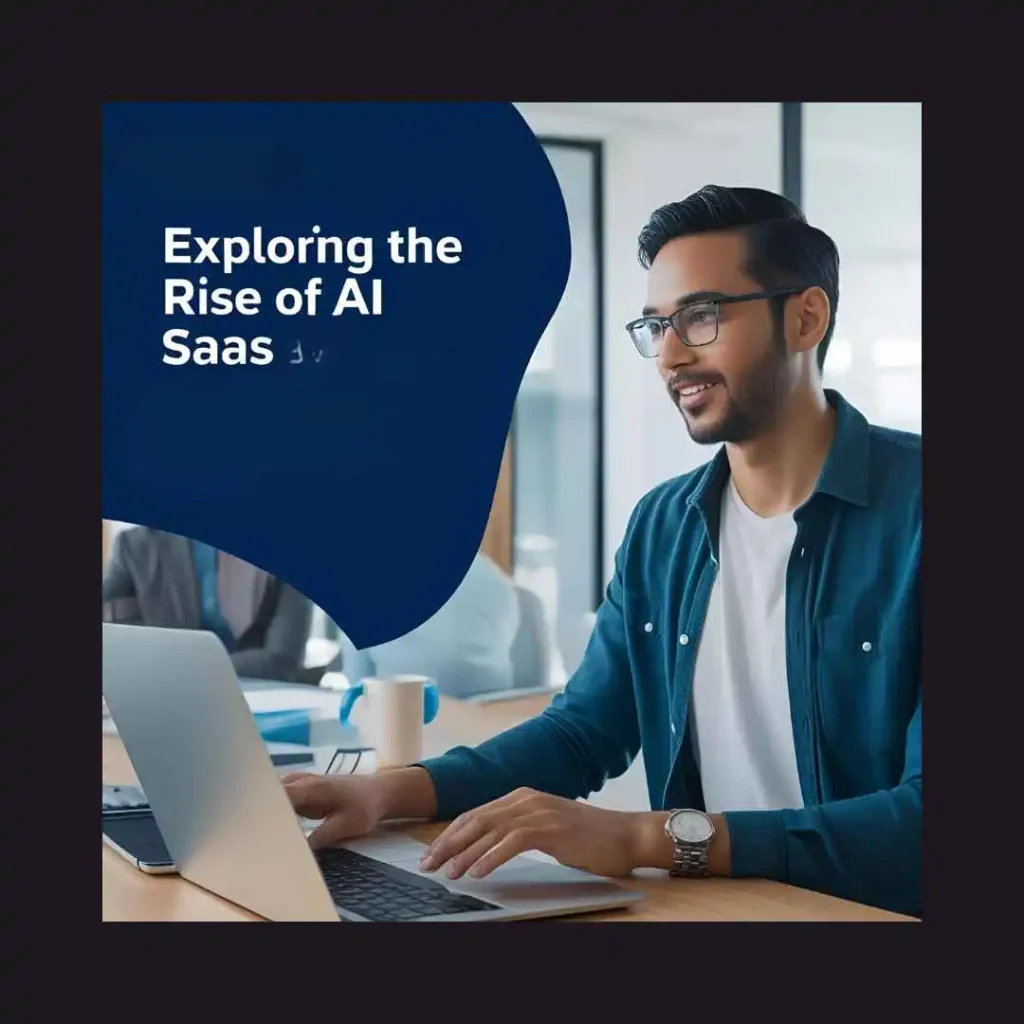AI and Cloud Operations: The Future of Automation in 2025
As we edge closer to 2025, the landscape of technology is rapidly transforming. Among the most significant advancements is the integration of Artificial Intelligence (AI) with cloud operations, promising to redefine automation across industries. This fusion is not just a trend; it’s the future of efficient and intelligent business practices. Join me as we delve into how AI and cloud operations are set to revolutionize automation by 2025. 🌟
Table of Contents
1. Introduction to AI and Cloud Operations
2. The Synergy Between AI and Cloud Computing
3. Key Benefits of AI-Driven Cloud Operations
4. Industries Leading the Way
5. Challenges and Considerations
6. Conclusion
7. FAQs
Introduction to AI and Cloud Operations
In recent years, AI has moved from science fiction to science fact, with applications ranging from personal assistants like Siri and Alexa to complex data analysis in healthcare. Meanwhile, cloud computing has revolutionized how we store, process, and access data. When these two powerful technologies converge, they create a potent force for automation, capable of transforming operations across various sectors.

The Synergy Between AI and Cloud Computing
AI and cloud computing complement each other perfectly. The cloud provides the expansive infrastructure and computational resources needed to train and run AI models. In return, AI enhances cloud operations by optimizing workflows, predicting resource demands, and automating routine tasks. This synergy is paving the way for smarter, more efficient systems that can adapt and learn over time. 🤖☁️

Key Benefits of AI-Driven Cloud Operations
1. **Enhanced Efficiency**: AI can analyze data faster and more accurately than any human, identifying patterns and making decisions in real time. This leads to improved operational efficiency and reduced costs.
2. **Scalability**: Cloud platforms are inherently scalable, and with AI, businesses can predict when to scale resources up or down based on anticipated demand, ensuring optimal performance without overspending.
3. **Improved Security**: AI can bolster cloud security by identifying potential threats before they manifest. It can analyze user behavior, detect anomalies, and automate responses to security breaches.
4. **Personalization**: AI algorithms can provide tailored experiences for users by analyzing their interactions and preferences, enhancing customer satisfaction and loyalty.
Industries Leading the Way
Several industries are already harnessing the power of AI-driven cloud operations. For instance, the healthcare sector uses AI to analyze patient data and predict outcomes, while the finance industry employs it for fraud detection and risk management. In retail, AI optimizes supply chain operations and enhances customer experiences through personalized recommendations.
Challenges and Considerations
While the benefits are substantial, integrating AI with cloud operations is not without challenges. Data privacy and security remain top concerns, as sensitive information is processed and stored in the cloud. Furthermore, the complexity of AI algorithms requires specialized skills to implement and manage effectively. Businesses must also consider the ethical implications of AI, ensuring transparency and fairness in automated decision-making. 🤔
Conclusion
By 2025, AI and cloud operations will likely be an integral part of business strategies across the globe. This powerful combination offers unprecedented opportunities for automation and innovation, enabling companies to operate more efficiently and effectively than ever before. As we move forward, the key will be to balance the benefits with the challenges, ensuring a future where technology serves humanity’s best interests.
FAQs
Q: How does AI enhance cloud operations?
A: AI enhances cloud operations by optimizing resource allocation, automating routine tasks, and improving security through advanced threat detection.
Q: What industries are most impacted by AI-driven cloud operations?
A: Healthcare, finance, and retail are among the industries most impacted, leveraging AI for data analysis, fraud detection, and personalized customer experiences.
Q: What are the main challenges in integrating AI with cloud operations?
A: The main challenges include data privacy concerns, the need for specialized skills, and ethical considerations regarding automated decision-making.
Stay tuned as we continue to explore the fascinating developments in AI and cloud operations, setting the stage for a more automated and intelligent future! 🚀



